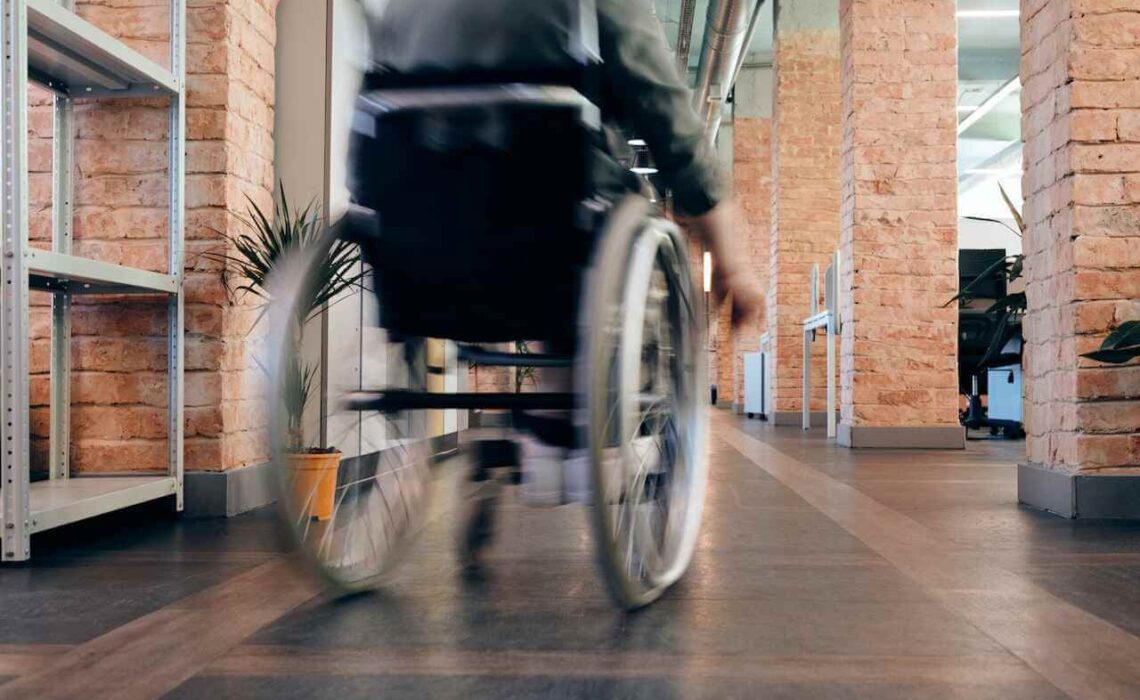Florida’s negligence laws can be a complex maze of legalese and gobbledegook for those without an extensive background in the law. What may at first seem like an easy case to file can quickly turn into uneducated guesses and misinformed mistakes. When you’ve been injured and seek full compensation for damages, the last thing you want to do is go into it blindly.
If you’ve been injured and are desperately grasping at straws for information, contact a personal injury attorney in Gainesville. Let the experts in Florida negligence laws do what they do best while you work on recovering from your injuries.
What You Need To Know About Florida’s Negligence Laws
Table of Contents
When filing a Florida personal injury lawsuit, the victim must prove that the other party or entity was negligent for them to receive compensation for economic and non-economic damages. Negligence boils down to an incident where a certain level of expected care wasn’t followed intentionally or as an accident. Florida has an extensive detailed legislature regarding negligence; however, it can be difficult for the layperson to understand.
To make things easier for first-time filers of personal injury lawsuits, we’ll cover the 4 most important aspects of negligence and how they apply to Florida personal injury law. Legalese will be avoided, and each will be explained in the simplest terms.
1. Duty of Care
The plaintiff must prove that the expected duty of care wasn’t granted. To prove negligence in a personal injury lawsuit, a duty of care implies that the defendant should have known the risks of their behavior. This means they must have known that their actions could harm another person.
Driving while intoxicated or aggressive driving is two good examples of a lack of duty of care. Everyone must act in a way that doesn’t harm others.
2. Breach of Duty
A breach of duty occurs when a person’s conduct or actions violate a responsibility to another person. If a store owner doesn’t fix certain hazards in the store, such as wet floors or unnecessary obstacles such as extension cords, they’ve violated their breach of duty. Drivers disobeying traffic laws is another example of a breach of duty.
3. Causation
To win a personal injury case, your legal team must prove causation. Also referred to as proximate cause, causation occurs when a person or entity’s negligence causes injuries to someone. This can be as straightforward as a driver colliding with another and the accident causing injuries. Although this can be easy to prove in some personal injury cases, sometimes it can be more difficult and challenging.
4. Damages
Damages are the reason for filing a personal injury lawsuit. It’s the plaintiff’s responsibility to prove that they were harmed in some way due to a person or entity’s negligent act. While this is typically related to physical injuries, emotional and psychological injuries can be claimed in a personal injury lawsuit as non-economic damages.
Economic damages can include medical bills and lost wages, while non-economic damages seek compensation for pain and suffering, disfigurement, or loss of enjoyment of life.
5. Personal Injury Protection

Image source: https://florinroebig.com/
Florida residents who’ve found themselves injured from a car accident are most likely aware that they must have PIP coverage on their vehicle’s insurance policy. The state is among the many that follow the no-fault policy for automobile accidents, meaning that their insurance company will pay out for medical bills despite who the at-fault driver was.
Although a no-fault state, Floridians who’ve been severely injured in a car crash still have the right to file a personal injury lawsuit against the at-fault driver to seek more compensation than their PIP pays. They’ll need to prove negligence, severe injuries, and a burden that PIP doesn’t cover.
Florida Negligence Laws and Personal Injury Lawsuits: The Bottom Line
Being injured under no fault can be an exercise in frustration. Accidents happen, and when they do, victims should be compensated. To receive what is rightfully yours as an accident victim, you can file a personal injury lawsuit to recover economic and non-economic compensation.
You’ll want to hire an experienced personal injury attorney to obtain the maximum compensation. They’re the experts who know all the ins and outs of personal injury cases and can help you to prove negligence and damages. Don’t try to negotiate for a fair settlement on your own. Let the experts handle the legal stuff while you adjust to recovering from your injuries.
- Getting A Free Divorce In Virginia? Here’s What To Expect - April 24, 2024
- Countries Embracing Digital Yuan Investments - April 22, 2024
- How To Provide Support For Someone Trying To Quit Drugs - April 13, 2024








No Comments